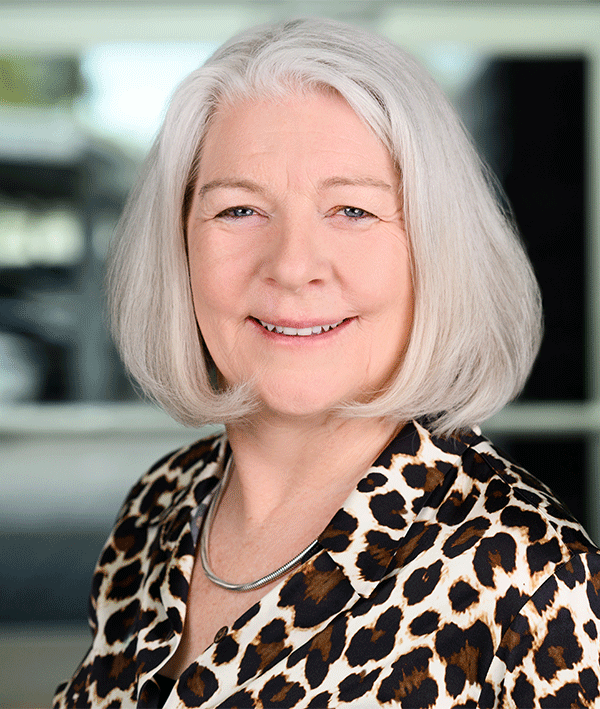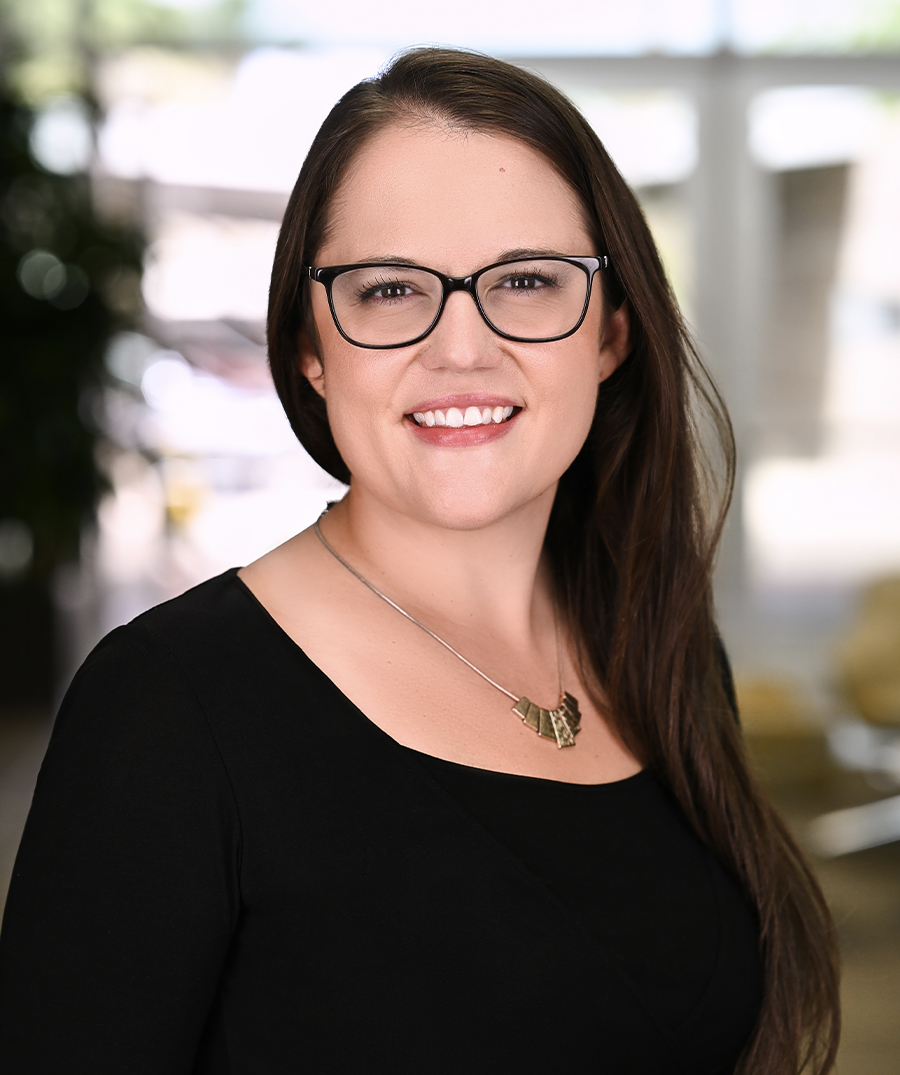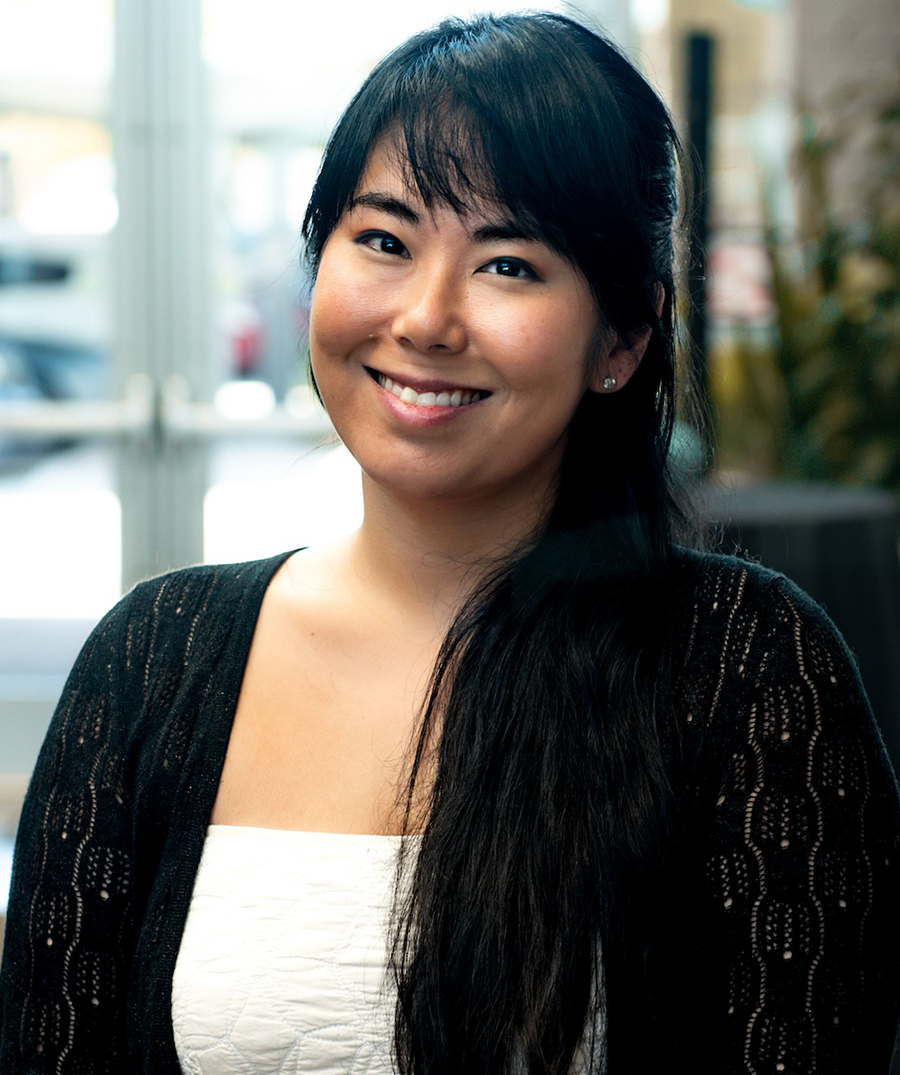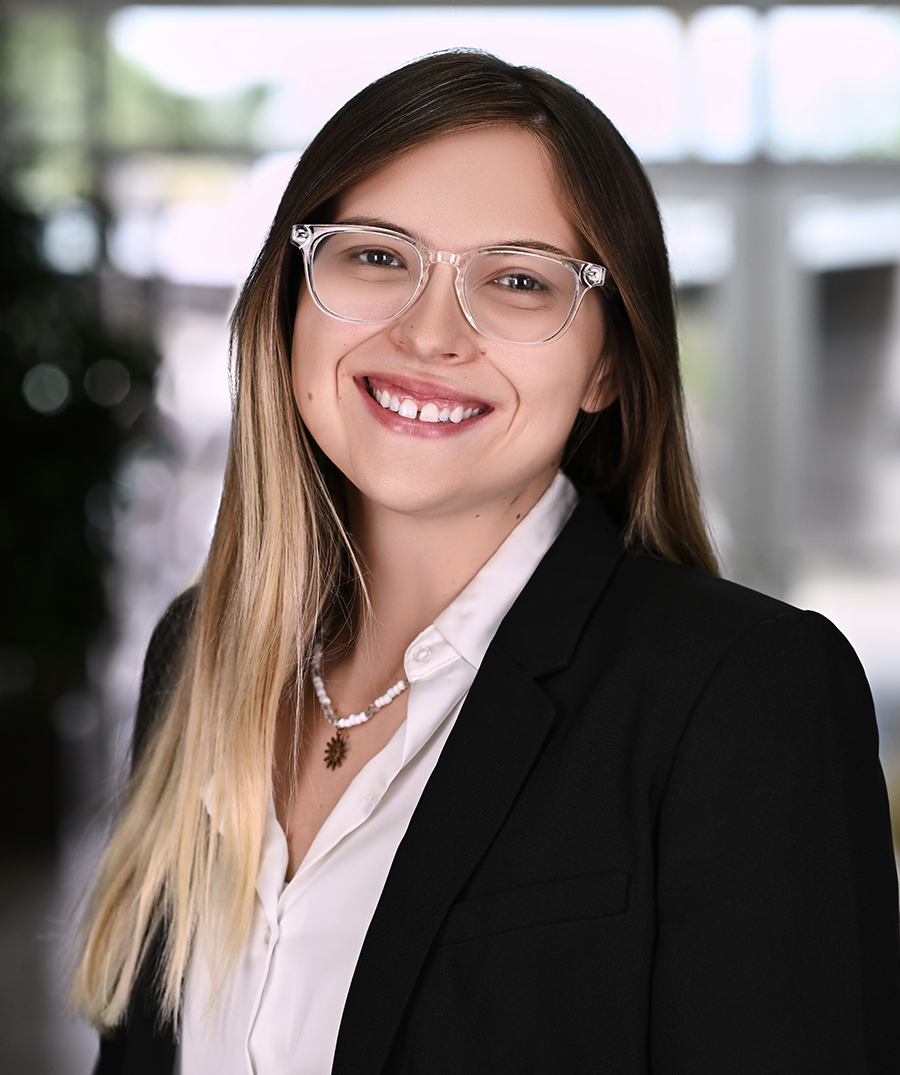First molars provide insight into evolution
The timing of molar emergence and its relation to growth and reproduction in apes is being reported by two scientists at Arizona State University's Institute of Human Origins in the Dec. 28 online early edition of the Proceedings of the National Academy of Sciences (PNAS).
From the smallest South American monkeys to the largest African apes, the timing of molar development and eruption is closely attuned to many fundamental aspects of a primate's biology, according to Gary Schwartz, a researcher at the Institute of Human Origins and an associate professor in the School of Human Evolution and Social Change in ASU's College of Liberal Arts and Sciences.



